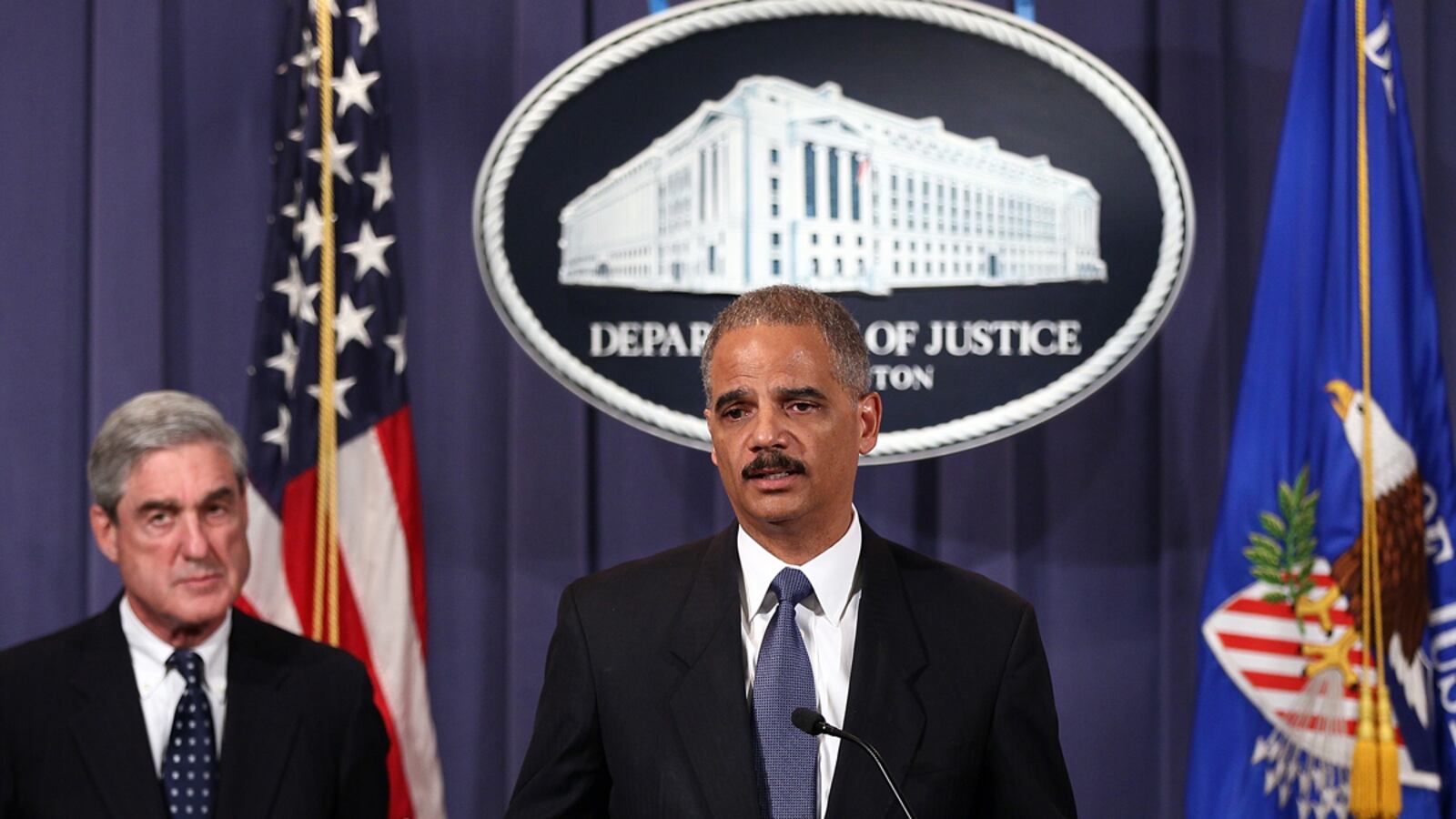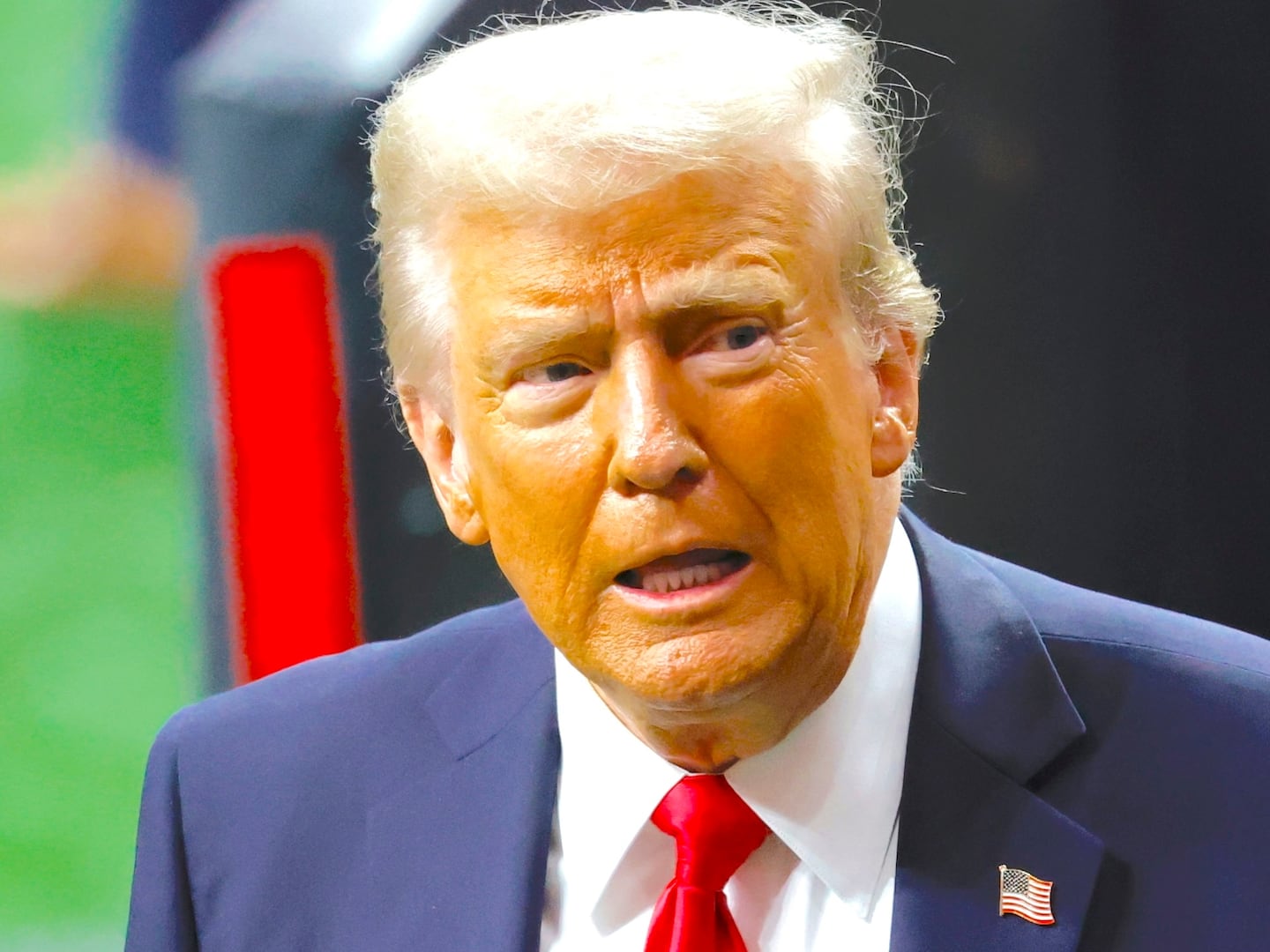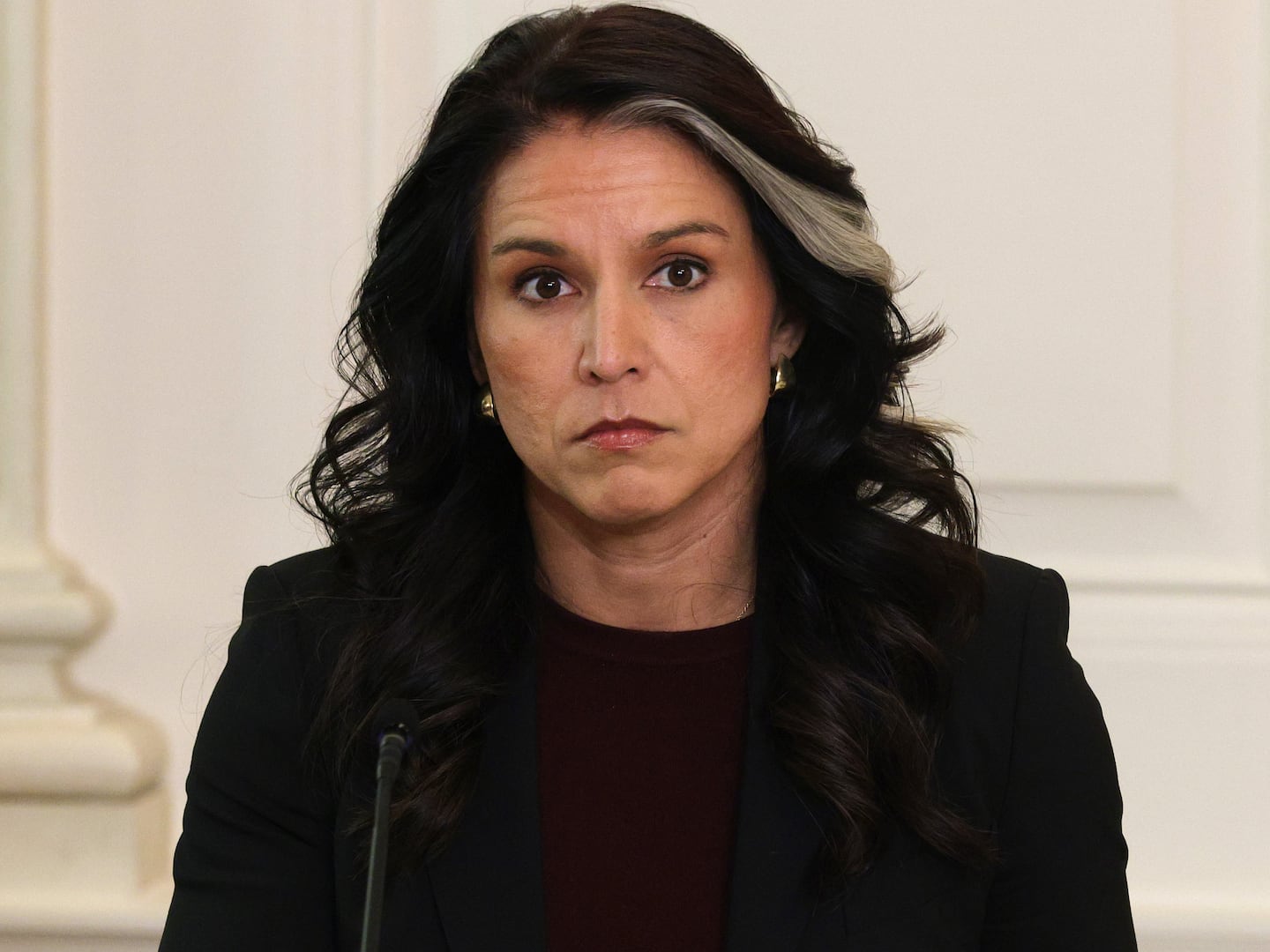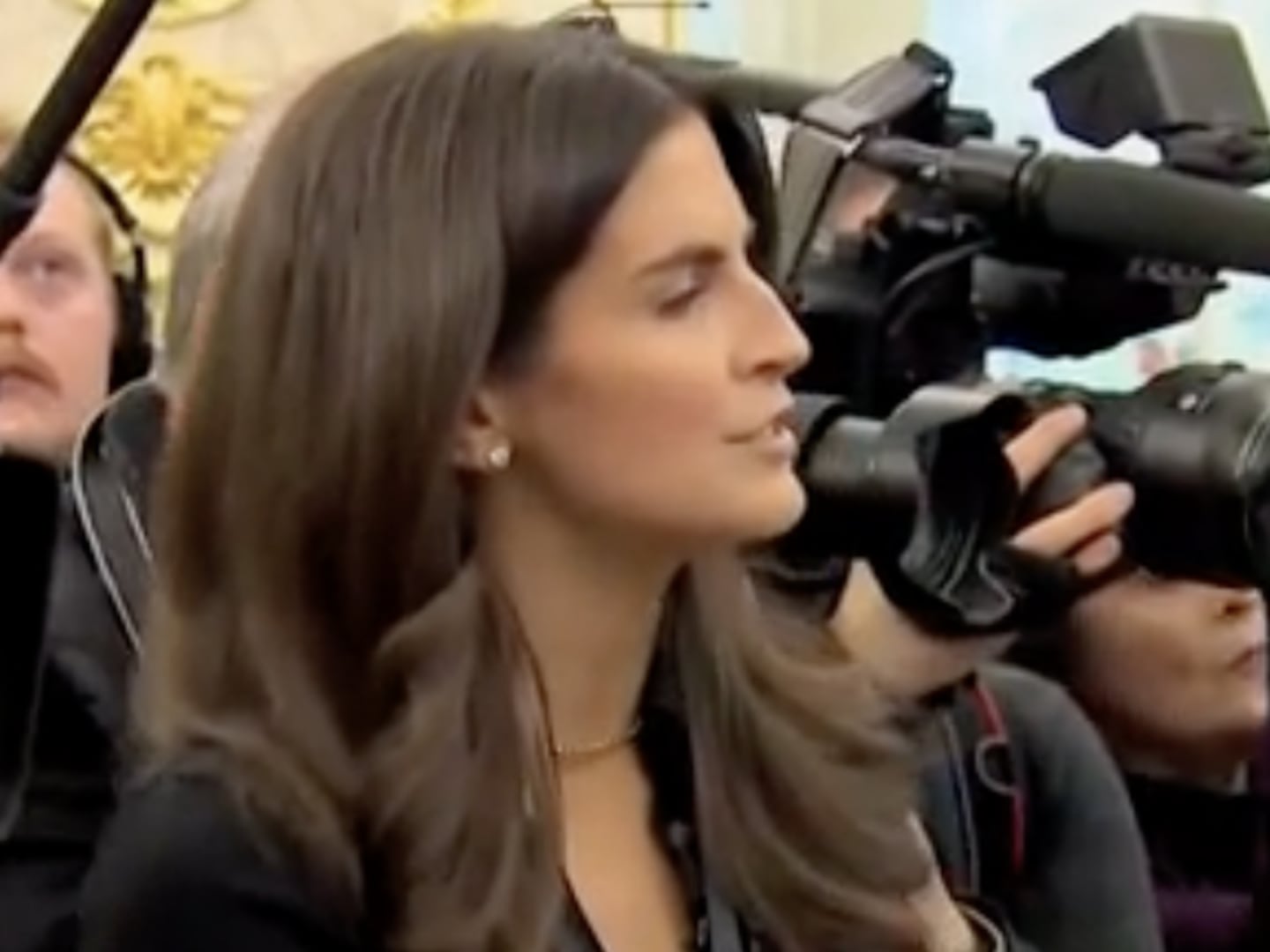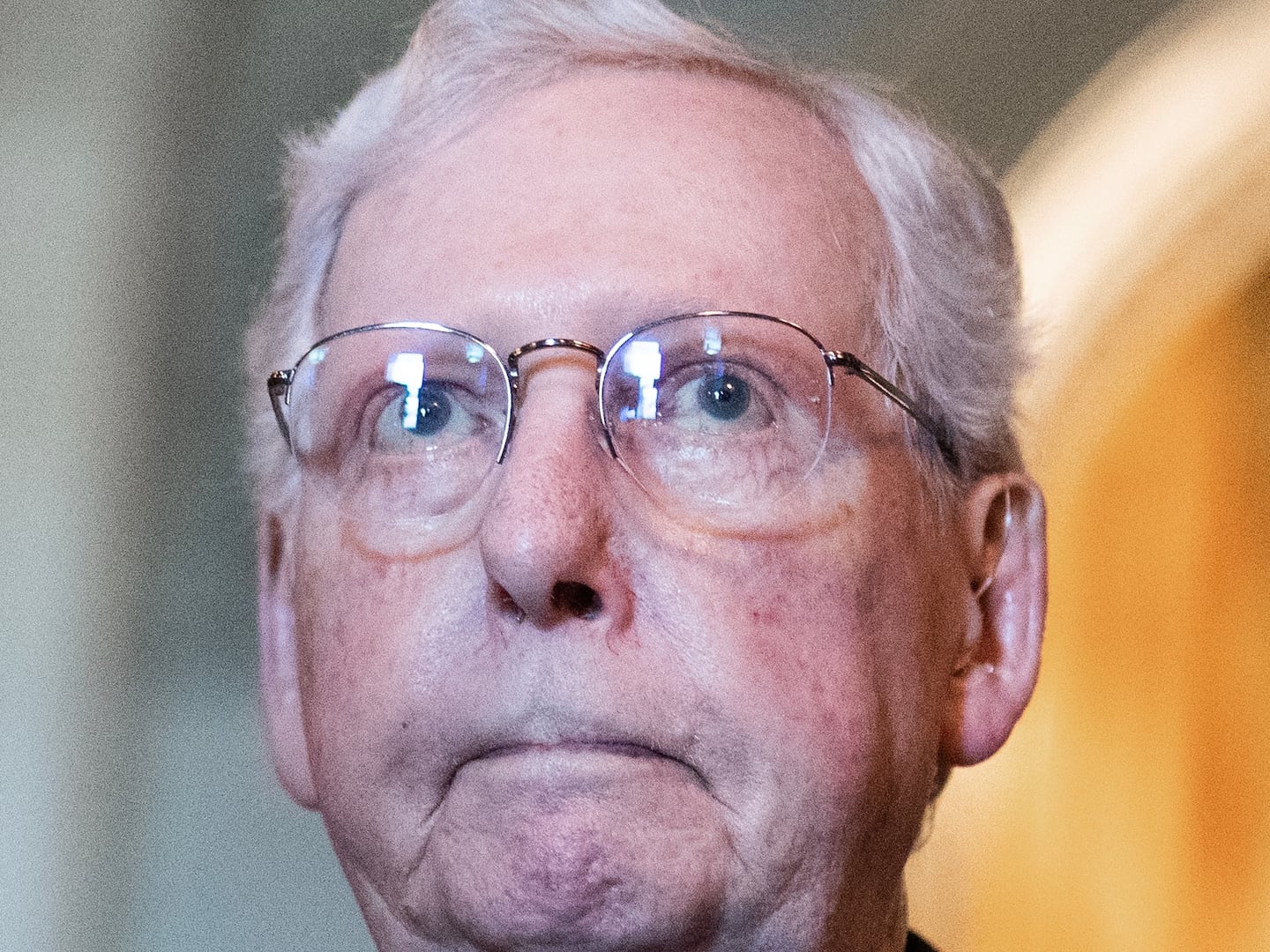An alleged plot by Iran to assassinate Saudi Arabia’s ambassador to Washington on U.S. soil marks a brazen escalation of Tehran’s shadow war against the United States and its allies that, for many years, has been carried out through surrogates overseas.
It’s also a less-than-subtle reminder that as the U.S. wards off attacks from terrorist groups and lone wolves, it must also remain on guard against threats from state-sponsors of terrorism.
Officials told The Daily Beast that President Obama first learned of the alleged plot in June, as undercover agents from the Drug Enforcement Agency were working on a sting against an Iranian American accused in court documents Tuesday of trying to pay Mexican gangsters to murder Ambassador Adel al-Jubeir.
"The disruption of this plot is a significant achievement by our intelligence and law-enforcement agencies, and the president is enormously grateful for their exceptional work in this instance and countless others,” National Security Council spokesman Thomas Vietor told the Beast.

The plot, according to an indictment unsealed Tuesday, was approved at the top levels of Iran's elite Quds Force, an organization the United States has accused in the past of aiding the Taliban in Afghanistan and plotting lethal attacks on U.S. soldiers in Iraq. The Quds is an arm of Iran’s elite Revolutionary Guard tasked with carrying out the Islamic regime’s agenda outside the country.
Matthew Levitt, a former FBI counterterrorism analyst and a former deputy assistant secretary for intelligence at the Treasury Department, said the murder plot represented an escalation for Iran.Since 2005, the U.S. has accused Iran of assisting in attacks by insurgents in Iraq and Afghanistan, while Tehran has openly accused Israel and other Western powers of killing some of its nuclear scientists as well as infecting industrial computers related to Iran’s nuclear program with a malicious computer code known as Stuxnet.
"There has not been an attempted Iranian hit here in the United States for several years," Levitt said. "According to the indictment, this is not some disgruntled individual, this is directly tied back to the Quds Force. It’s not an Iranian team assassinating some Kurdish opposition leader in Europe. This is a plot to kill the Saudi ambassador in the United States, which takes things up a notch."
Attorney General Eric Holder said the murder plot was "conceived, sponsored, and directed from Iran," but he stopped short of saying whether the political or spiritual leadership of the regime approved the attack. The scheme involved an Iranian-American named Manssor Arbabsiar, a 56-year-old who holds passports from the United States and Iran. In the spring, Arbabsiar made contact with a man he believed to be connected to a Mexican drug gang known as Los Zetas.
Eventually after several meetings in Mexico, Arbabsiar agreed to pay the undercover agent a total of $1.5 million to murder al-Jubeir. In August, Arbabsiar had $100,000 wired in two separate payments to a bank account in New York City that belonged to the FBI. Federal agents, however, waited after the transfer and continued to watch him.
Arbabsiar was eventually arrested Sept. 29 at John F. Kennedy International Airport in New York City, after he was not allowed to enter Mexico. According to the criminal complaint, Arbabsiar was carrying Iranian currency, an Iranian passport and a plane ticket to Tehran. Holder said Tuesday Arbabsiar was cooperating with the government.
Levitt, who currently leads the counterterrorism program at the Washington Institute for Near East Policy, said Iran's capability for counterintelligence and operational security is good.
Their ability to find a dual citizen here they could recruit and run is in many ways not surprising. What is surprising is that they choose to carry out this operation in the United States," he said.
When Obama came into office he tried for a year publicly to reach out to Iran's leadership, going so far as to personally record a greeting to Iran's people for the Persian new year known as Nowruz and writing Iran's supreme leader Ayatollah Ali Khamenei a personal letter asking for talks.
Behind the scenes however, the United States was also doubling down with its Middle Eastern allies against Iran, particularly Saudi Arabia and Israel.
As Newsweek reported last month, Obama approved the transfer of 55 top-of-the-line bunker-buster bombs to Israel in a secret military sale. Those weapons are particularly useful against underground facilities like much of Iran's network of nuclear labs and centrifuges.
Obama also approved and continued sensitive intelligence operations to sabotage Iran's nuclear facilities, the most famous one being the cyberattack Stuxnet that infected the logic board controlling the speed at which the centrifuges spin. Obama's diplomats also worked behind the scenes to soften the fallout when the Dubai police accused Israel's Mossad of killing alleged Hamas arms dealer Mahmoud Mabhouh.

